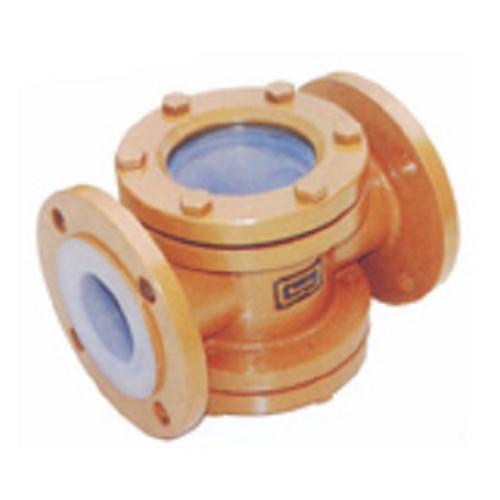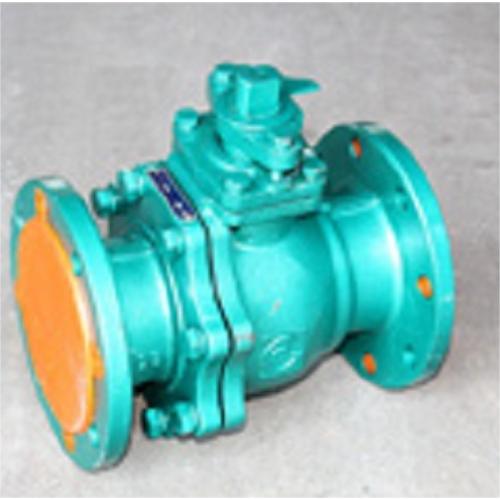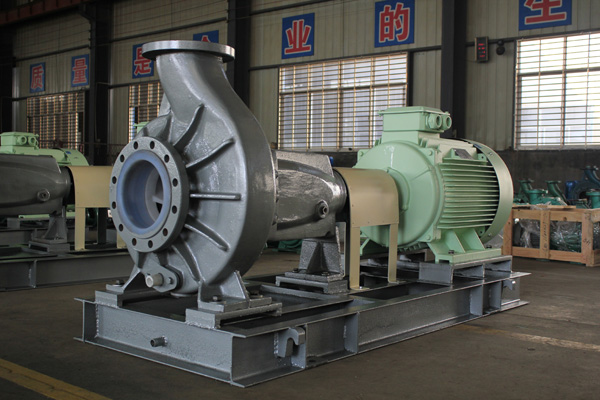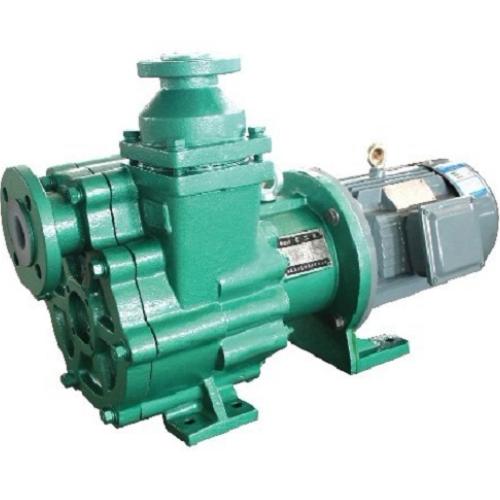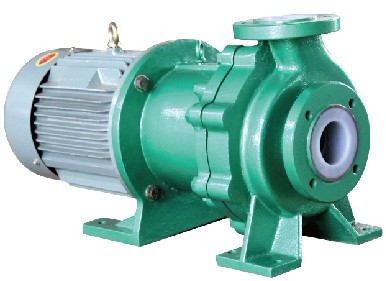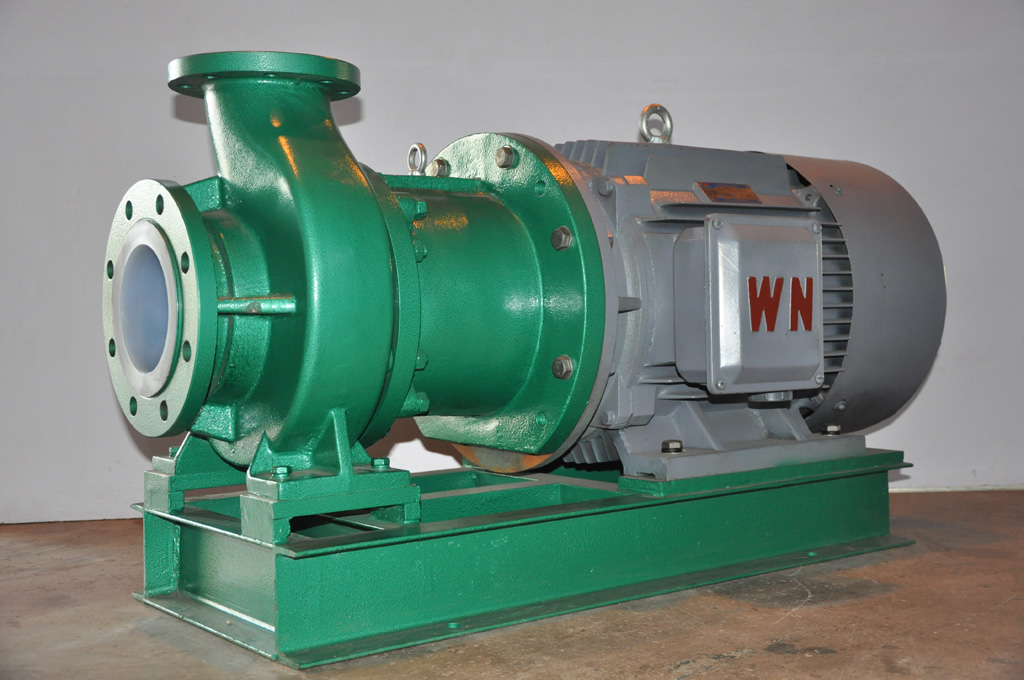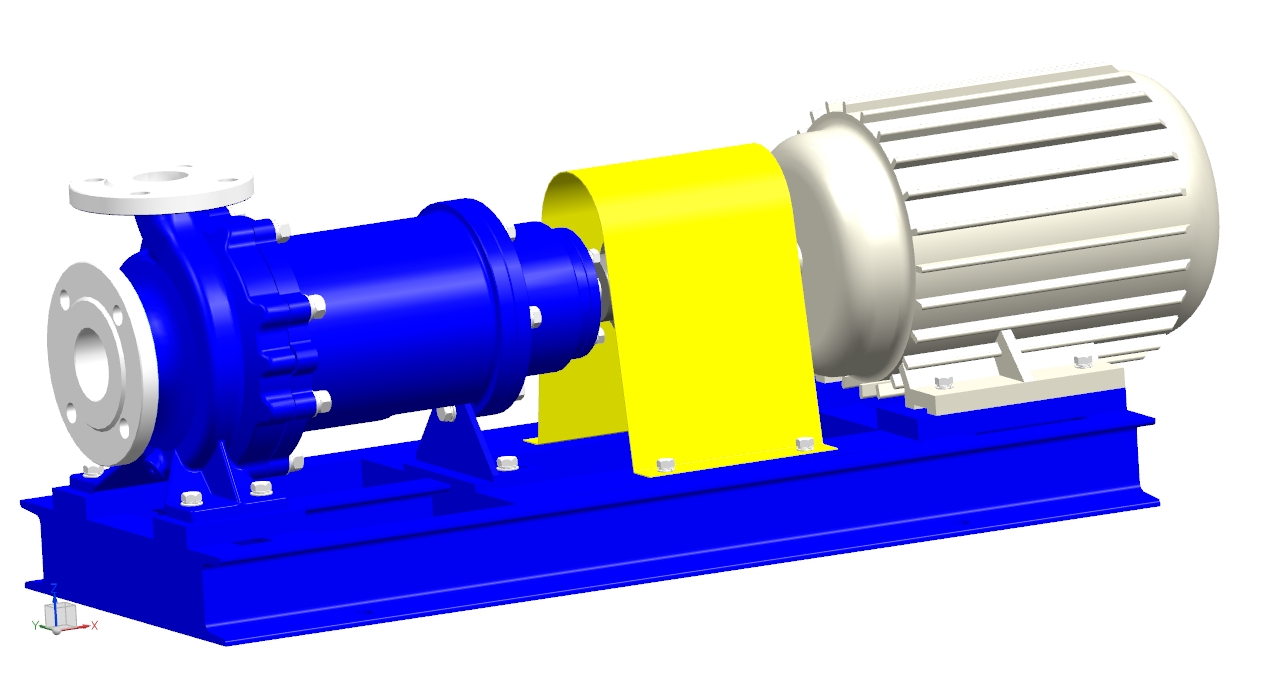What is the Difference Between Corrosion-resistant Centrifugal Pump and Stainless Steel Magnetic Pump?
2024-06-18In the diverse world of industrial pumps, understanding the nuances between different types can significantly impact the efficiency, safety, and cost-effectiveness of operations. Two such variants, the corrosion-resistant centrifugal pump and the stainless steel magnetic pump, are often mentioned in discussions about handling corrosive or hazardous liquids. While both types offer unique advantages in managing challenging fluids, their operational principles, construction, and applications differ substantially.
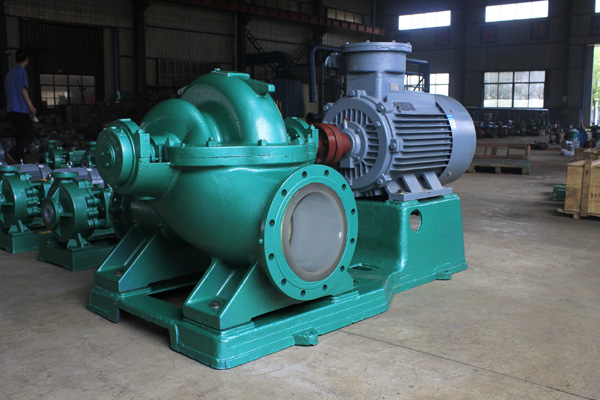
Corrosion-resistant Centrifugal Pump: A Robust Choice for Varied Applications
Corrosion-resistant centrifugal pumps are designed to handle corrosive liquids by using materials that can withstand chemical attack. These pumps function on the principle of centrifugal force, where a rotating impeller imparts energy to the fluid, causing it to flow outwards and be directed to the desired location. The materials used in these pumps, such as high-grade plastics or corrosion-resistant metals, are selected based on the specific chemical properties of the fluids they will encounter.
The versatility of corrosion-resistant centrifugal pumps makes them a popular choice across a wide range of industries, including chemical processing, wastewater treatment, and pharmaceuticals. Their design allows for easy maintenance and repair, making them a practical option for applications where durability and reliability are paramount.
Stainless Steel Magnetic Pump: Advanced Technology for Enhanced Safety
On the other hand, stainless steel magnetic pumps represent a leap in technology, offering a seal-less design that eliminates the risk of leaks. These pumps use magnetic couplings to transmit torque to the impeller, creating fluid motion without any direct contact between the motor shaft and the liquid. The stainless steel construction not only provides excellent corrosion resistance but also ensures the pump's suitability for high-purity applications.
Magnetic pumps are particularly favored in industries where leakage of hazardous or expensive fluids could have severe consequences, including in the chemical, petrochemical, and nuclear sectors. Their leak-proof design enhances safety and environmental protection, while the use of stainless steel contributes to the pump's overall durability and resistance to corrosive damage.
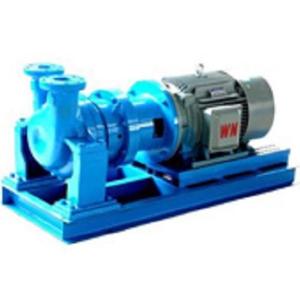
Comparing the Two
The primary difference between corrosion-resistant centrifugal pumps and stainless steel magnetic pumps lies in their design and operational mechanisms. While both are capable of handling corrosive fluids, the magnetic pump offers a higher level of safety due to its seal-less construction, making it ideal for applications involving toxic, volatile, or precious fluids. Conversely, corrosion-resistant centrifugal pumps are known for their robustness and versatility, catering to a broader range of applications with varying levels of fluid aggressiveness.
In summary, the choice between a corrosion-resistant centrifugal pump and a stainless steel magnetic pump depends on the specific requirements of the application, including the nature of the fluid, the desired level of safety, and the operational environment. Both pump types offer unique advantages, ensuring that there is an efficient and reliable solution available for handling corrosive liquids in various industrial contexts.

